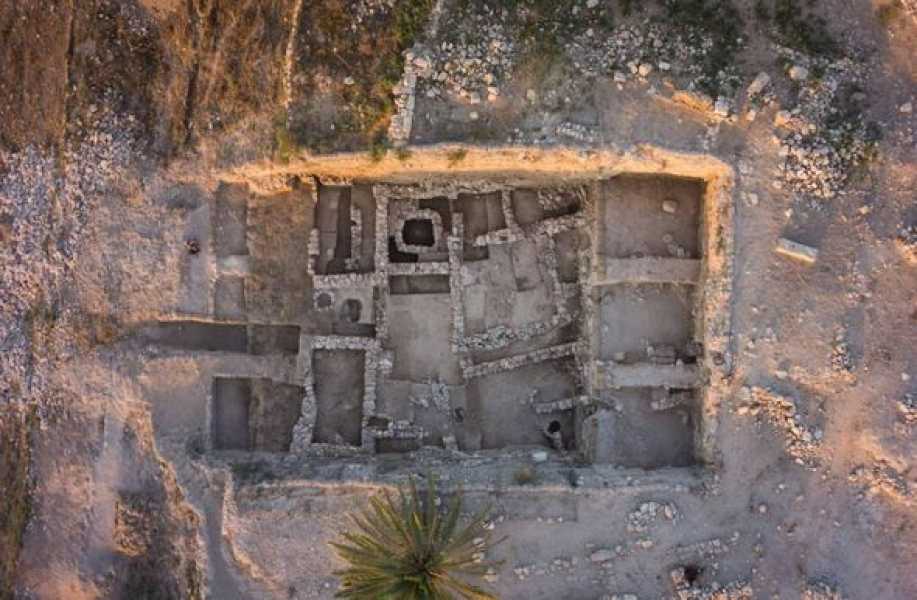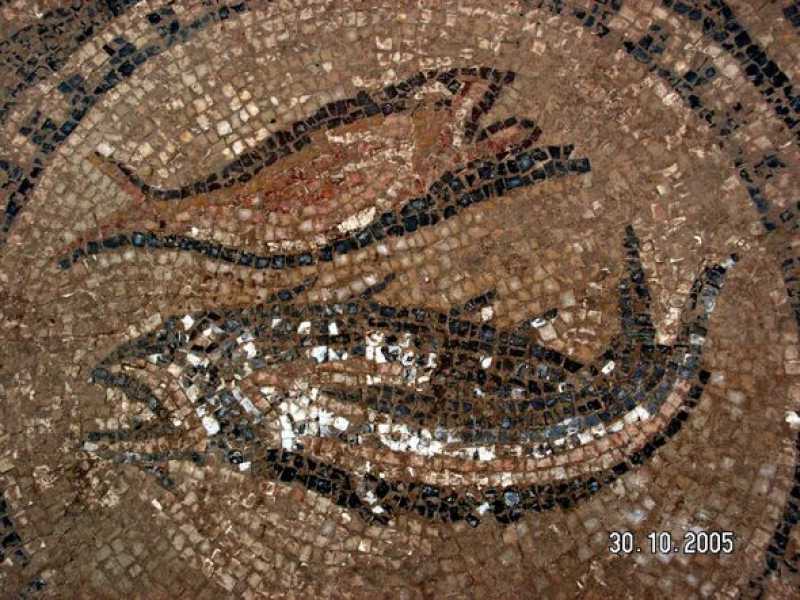This shows that Josiah, the last great king of Judah, was defeated by the Egyptian Pharaoh Necho II, a death that threatened the very existence of the Kingdom of Judah. Share this article Share this article Facebook X LinkedIn Reddit Bluesky Email Copy link Link copied Bookmark this Comment

Archaeologists have found 'astonishing' artefacts proving a biblical king was defeated by a powerful Egyptian army thousands of years ago.
A team of researchers has uncovered startling evidence that points to the famous biblical ruler's defeat by a massive Egyptian army, as revealed by Egyptian pottery fragments found in the Levant. The latest finds support the hypothesis that Josiah, the last great ruler of Judah, was killed by Pharaoh Necho II.
Article continues below ADVERTISEMENT
A tragic event occurred at Megiddo in 609 BCE that had a negative impact on the future of the Kingdom of Judah and became the basis for apocalyptic beliefs in Christianity at the site known as Armageddon. Until March of this year, there was no concrete archaeological evidence, but a unique set of pottery was found in what is now Israel.
Excavations at the ancient city of Megiddo have uncovered pottery associated with Necho’s forces, including an impressive amount of Egyptian and Greek pottery, according to Professor Israel Finkelstein of Haifa University, who has long directed the Megiddo excavations, and Dr. Assaf Kleiman of Ben-Gurion University. In two papers published in January and February in the Scandinavian Journal of the Old Testament, Kleiman, Finkelstein and their colleagues argue that the fragments confirm the presence of Necho’s Egyptian forces, possibly in conjunction with Greek mercenaries.
Around the 10th to 9th centuries BCE, Megiddo was part of the Kingdom of Israel, although debate continues over whether Megiddo and other areas were part of the so-called kingdom of David and Solomon and whether the united Israelite monarchy described in the Bible actually existed, Mirror US reports.

Certainly Megiddo served as an important center for at least two centuries. Around 732 BCE, Megiddo was captured, and soon after, the Israelite capital of Samaria fell. Renamed Magiddu, it became the capital of a new Assyrian province in the Levant. After the fall of the Northern Kingdom, Assyria faced challenges from new powers in Mesopotamia and Iran, such as the Babylonians and Medes.
Around 630 BCE, the Assyrians abandoned Megiddo. In 609 BCE, Egypt, under Necho, entered the Levant to support the besieged city. During this time, Josiah ruled Jerusalem for 31 years before being defeated by Necho at Megiddo. The reasons for Josiah's murder by Necho in the Book of Kings are left unclear.
However, the Book of Chronicles tells us that Josiah tried to stop Necho's advance, leading to a disastrous battle in which the Judean king was killed. The ancient city of Megiddo, much of which was excavated in the 1920s by a University of Chicago expedition, has revealed new secrets in a previously unexplored area known as “Area X.”
Finkelstein's team uncovered a paved courtyard dating to the mid-seventh century BCE with pottery shards that tell a story of cultural continuity amid change. The finds included fragments of local cooking pots and serving vessels that indicate Mesopotamian influence.
“Researchers thought that Megiddo had completely changed socially, with very little or no local population, but we show that it was probably higher than previously thought,” Kleiman explained. “Megiddo probably had a significant Levantine population at the time, and we see that, for example, in the pots, which are key cultural and social indicators. The pots we found show that the people of the site cooked like their ancestors, following the same local traditions.”
Read more: 'Miraculous' tunnel found beneath Egyptian temple could lead to Cleopatra's lost tomb
Read more: Archaeological breakthrough: 'Mysterious city' near Giza could rewrite history
However, the Book of Chronicles says that Josiah tried to stop Necho's advance, which resulted in a disastrous battle in which the Judean king was killed.
The ancient city of Megiddo, much of which was excavated in the 1920s by a University of Chicago expedition, has revealed new secrets in a previously unexplored
Sourse: www.express.co.uk





